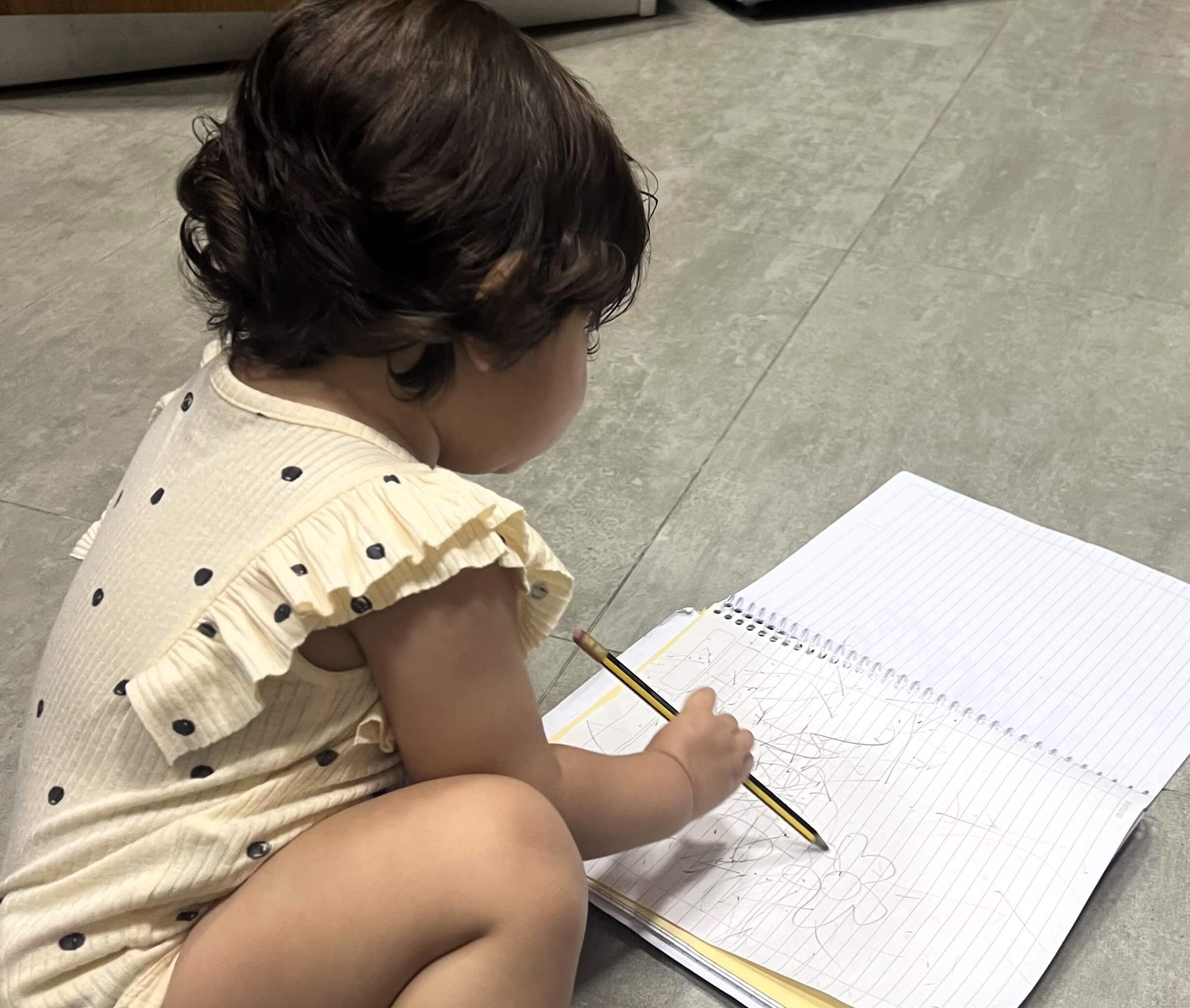When we say the words, “I do,” we never imagine that one day those words will turn into, “It’s over.” But the statistics point to the fact that many marriages do not make it. In fact, the CDC reports that 42% of marriages have a high probability of ending in divorce.
Why Should You Consider Therapy for Divorce?
When a marriage ends, it typically leaves one or both partners wondering, “what happened?” As a major life transition, divorce can be traumatic and mentally, physically, and emotionally draining.
Therapy offers individuals powerful coping skills that can help them navigate their overwhelming thoughts and feelings. Therapy offers a safe space to explore and share your feelings so you can make sense of them yourself. It’s a way for people to have a healthier outlook on their divorce and become empowered during a very difficult time.
Different Therapy Modalities for Divorce
Every situation is unique and will require the right type of therapy:
Individual Therapy
Individual therapy is incredibly helpful for those people experiencing depression or anxiety, or who view the divorce as a personal failure. This type of therapy can help you discover your own needs and a better understanding of who you are.
Couples Therapy
Divorce will never be easy. But with the proper guidance, the lines of communication can stay open and the separation can remain constructive and amicable. A therapist can help you both navigate those hard decisions such as financial obligations and co-parenting.
Family Therapy
Children are, of course, deeply affected by a divorce, and often the parents are too consumed in their own emotions to offer proper guidance. Family therapy can help the entire family deal with the feelings of loss and grief.
Mediation
Settling a divorce in court can be costly and exhausting. Many couples choose to mediate their own divorce through the help of a trained therapist. Mediation not only costs less and typically takes far less time than divorce litigation, but it may also help improve your lines of communication as you both move forward.
If you are going through a divorce and you would like to discuss treatment options, please get in touch with us.
SOURCES:




